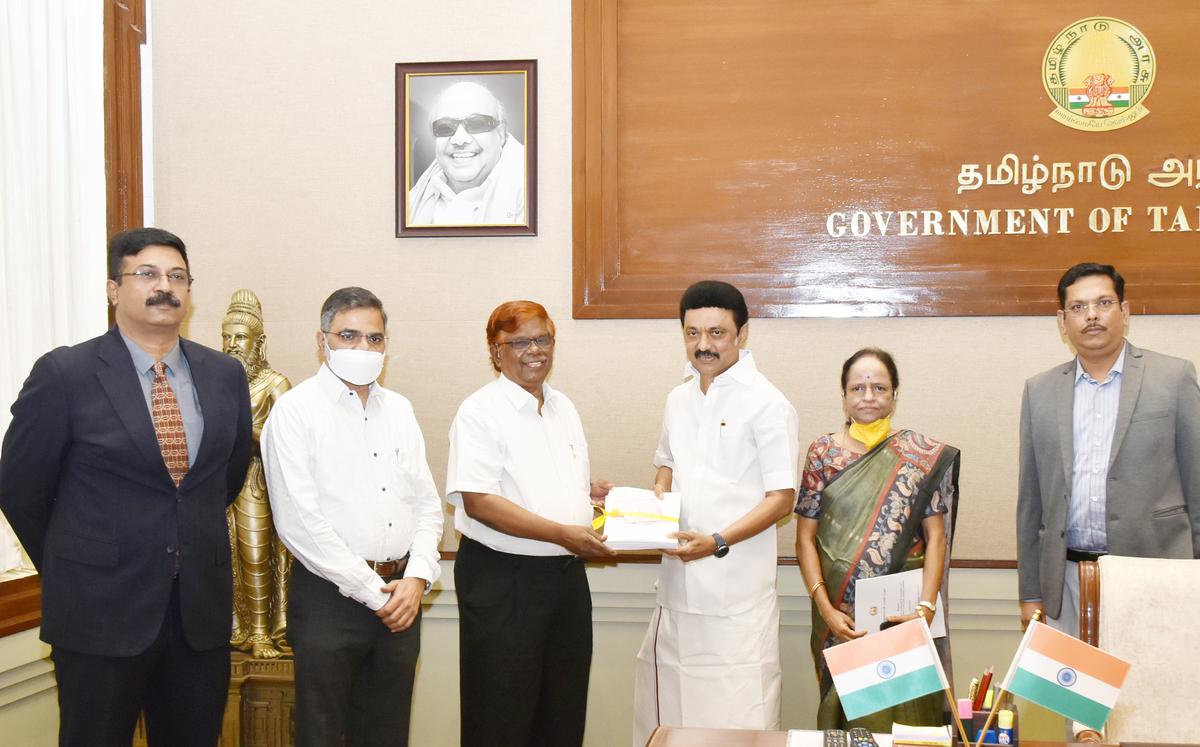Headed by retired judge K Chandru, the committee aims to promote harmony among students and develop mechanisms for grievance redressal.

The Tamil Nadu government has appointed retired judge K Chandru to lead the committee. Representational image. (Supplied)
Following the recent assault on a 17-year-old boy and his sister belonging to the Scheduled Caste (SC) in Nanguneri of Tirunelveli district, the Tamil Nadu government has taken action by forming a committee.
Retired Madras High Court Justice K Chandru will lead the panel, which aims to create a society free from caste-related divisions and promote harmony among all stakeholders.
The committee will examine the issues emerging from incidents of caste-related discrimination, especially among students in schools and colleges.
“We have been provided with an office and staff to go ahead with the consultation. Having started the process of consultation, we are calling for views from different quarters,” Justice K Chandru told South First.
According to the government order, the committee will conduct extensive consultations with students, teachers, social activists, and journalists to get inputs and prepare a report to be submitted to the government.
The committee will look into the steps to be taken to prevent caste-based discrimination among students. The committee will also put out material that will promote harmony and a way for the important stakeholders — students, parents, and teachers — to work together to end caste-based divisions.
The committee will also recommend mechanisms to be established for grievance redressal for instances of caste-based abuse and discrimination, the government order mentioned.
However, some critics expressed scepticism regarding the effectiveness of the committee.
Dalit rights activist Shalin Maria Lawrence points out that Tamil Nadu has seen over 60 such committees on caste atrocities in the past, as per the data obtained from seven years ago.
“None of these committees succeeded in providing justice to the victims of caste violence. The Tamil Nadu government did not act when the civil society and Dalit rights organisations submitted multiple data and plea reports over the years. Will the government take decisive action based on Justice Chandru’s report?” Shalin Maria asked in a conversation with South First.
The formation of this committee raises hopes for a safer and more inclusive educational environment in Tamil Nadu, but many remain cautious, urging the government to translate words into actions to combat long-standing, caste-based discrimination, noted Dalit rights activist Murugan Kanna.
Telangana polls: Eyes on dominant castes, KCR fields 40 Reddys, 11 Velamas

Jul 26, 2024

Jul 25, 2024

Jul 21, 2024

Jul 21, 2024

Jul 21, 2024

Jul 21, 2024